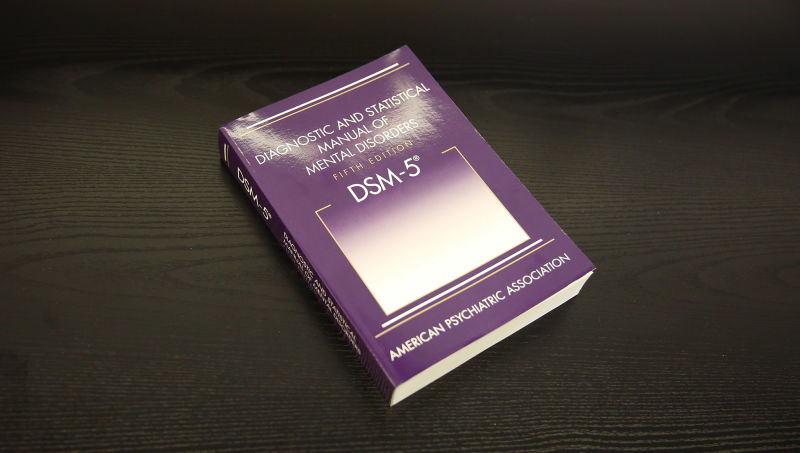American Psychiatric Association Adds ‘Obsessive Categorization Of Mental Conditions’ To ‘DSM-5’
From The Onion. WASHINGTON—As part of their ongoing mission to keep their classifications updated with the most recent available findings, the American Psychiatric Association announced Thursday the supplemental addition of “Obsessive Categorization of Mental Conditions” to the fifth edition of the Diagnostic and Statistical Manual Of Mental Disorders. “We’ve seen a significant increase in the number of people reporting an urgent, uncontrollable desire to research, report on, and catalog the symptoms of various mental disorders,” said head researcher Paula Ramos, stressing several times that the most apparent signs of OCMC include the compulsive noting of minute details regarding thousands and thousands of perceived signs of illness followed by extreme organizational tendencies and repeated attempts to achieve publication in prominent medical journals. “Our findings indicate that this condition exists in a spectrum, with some sufferers focusing on general diseases while others are more prone to clustering within a specific subset of the mental health field. We’re confident that continued study will assist doctors in more easily identifying and treating this debilitating disorder, and what we’ve painstakingly catalogued as its 117 common variants and 286 sub-variants, so that its sufferers can go on to live productive, untroubled lives.” Ramos also suggested that OCMC itself could be merely part of a much larger, though mostly benign, mental disorder involving obsessive attempts at educating oneself in order to help others.




